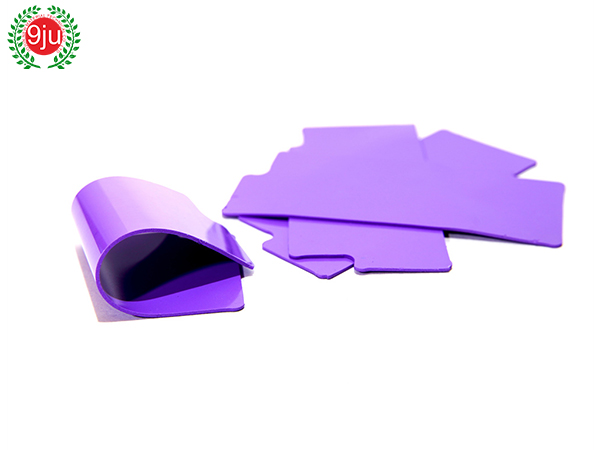Thermal conductive silicone pad is a multifunctional material that can be used in various industries and fields. These pads are designed to efficiently transfer heat away from electronic components, ensuring optimal performance and reliability. As a result, they are used by a wide range of professionals and organizations, each with unique requirements and specifications for their thermal management needs.
One of the main users of thermally conductive silicone pads is the electronics industry. As the demand for smaller, more powerful electronic devices continues to increase, thermal management has become a key consideration. Electronic components such as integrated circuits, transistors and diodes generate heat during operation. Excessive heat can cause performance degradation or even failure. Thermal conductive silicone pads provide effective heat dissipation solutions, thereby extending the life and performance of electronic devices. Manufacturers of smartphones, tablets, laptops and other consumer electronics incorporate these pads into their designs to ensure efficient thermal management.
In the automotive field, thermally conductive silicone pads play a vital role in maintaining the optimal operating temperature of various electronic systems in the car. As the integration of advanced electronic and electrical components in modern vehicles continues to increase, the need for effective thermal management solutions has grown significantly. These silicone pads are used to transfer heat away from power electronics, LED lighting systems and battery management systems, helping to improve the overall reliability and performance of automotive electronics. Additionally, they are used in electric vehicle (EV) battery packs to facilitate heat dissipation and ensure safe and efficient battery operation.
The aerospace industry also relies on thermally conductive silicone pads to solve thermal challenges associated with aircraft and spacecraft electronic systems. These pads are used in avionics, radar systems, communications equipment and other electronic equipment to mitigate the effects of high temperatures and thermal cycling. By effectively dissipating heat, these pads help increase the reliability and service life of critical electronic components, ensuring the safety and performance of aerospace systems.
Additionally, the renewable energy industry, especially the solar industry, uses thermally conductive silicone pads in photovoltaic (PV) modules. Solar panels generate heat during operation, and excessive heat will reduce their efficiency and service life. By using thermally conductive silicone pads, heat can be effectively transferred away from the solar cells, helping to improve performance and long-term reliability. These pads are critical to maintaining the optimal operating temperature of solar panels, especially in areas with higher solar irradiance and ambient temperatures.
In the field of telecommunications and networking, thermally conductive silicone pads are widely used in routers, switches, base stations and other equipment. These electronic devices often run continuously and generate large amounts of heat. Using thermally conductive silicone pads helps dissipate heat and prevent thermal issues that can impact network infrastructure performance and reliability. Additionally, these pads are used in LED lighting systems to help manage the heat generated by high-power LEDs, ensuring consistent performance and longevity.
Additionally, the medical device industry uses thermally conductive silicone pads in a variety of applications, including diagnostic equipment, patient monitoring equipment, and medical imaging systems. These pads help manage the heat generated by electronic components within medical devices, helping to improve the overall reliability and safety of the device. Additionally, thermally conductive silicone pads are used in wearable medical devices, where efficient thermal management is critical for user comfort and device performance.
In summary, the versatility of thermally conductive silicone pads makes them indispensable in a wide range of industries and applications. From consumer electronics to automotive, aerospace, renewable energy, telecommunications and medical devices, these pads play a vital role in ensuring effective thermal management and improving the performance and reliability of electronic systems. As technology continues to advance, the need for effective cooling solutions will only grow, further solidifying the importance of thermally conductive silicone pads across different industries.
Post time: Jul-15-2024


